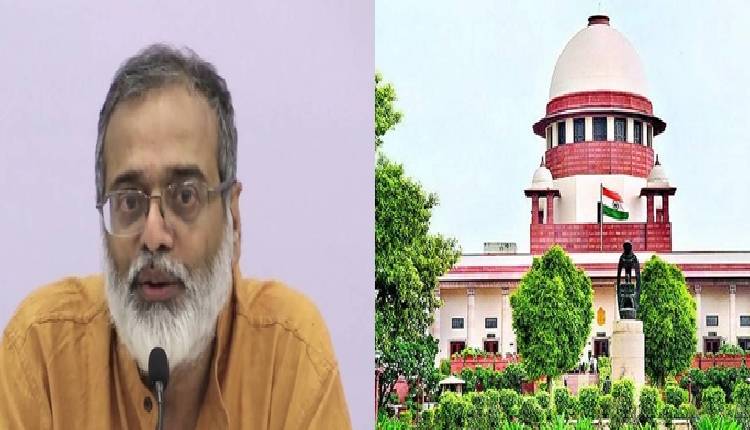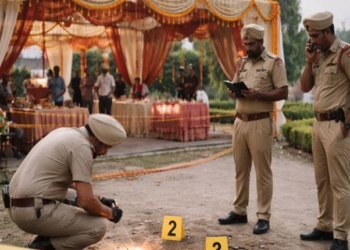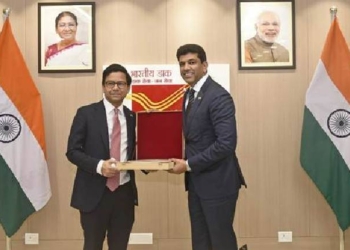New Delhi: The Supreme Court on Wednesday ordered the release of NewsClick founder and editor-in-chief Prabir Purkayastha, who was arrested by the Delhi Police under the Unlawful Activities (Prevention) Act over allegations that the media outlet received money to spread pro-China propaganda.
“There is no hesitation in the mind of the court to reach a conclusion that a copy of remand application in the purported exercise of communication of grounds of arrest in writing was not provided to the accused-appellant or his counsel before the passing of remand order dated October 4, 2023, which vitiates the arrest and the subsequent remand of the appellant. As a result, the appellant is entitled to a direction for release from custody…Accordingly, the arrest of the appellant followed by the remand order and the impugned order passed by the Delhi High Court are hereby declared to be invalid in the eyes of law and are quashed and set aside,” said a bench presided over by Justice B.R. Gavai.
“Though we would have been persuaded to direct the release of the appellant without requiring him to furnish his bonds of security since the charge sheet has been filed, we feel it appropriate to direct the release of the appellant from custody on furnishing the bonds to the satisfaction of the trial court,” added the bench, also comprising Justice Sandeep Mehta.
The apex court clarified that none of its observations will be treated as a comment on the merits of the case.
In October last year, Justice Gavai-led Bench issued notice to the Delhi Police on the special leave petition filed by Purkayastha against the decision of the Delhi High Court upholding the police remand.
The Delhi Police arrested Purkayastha and Human Resources head Amit Chakraborty on October 3, 2023, after multiple raids, including at the NewsClick office, and residences of editors and reporters of the news portal.
It was contended that the arrests violated the Supreme Court’s judgement in the Pankaj Bansal case, which had made it compulsory for the police to supply “written” grounds of arrest to the accused at the time of being arrested.
(IANS)
















